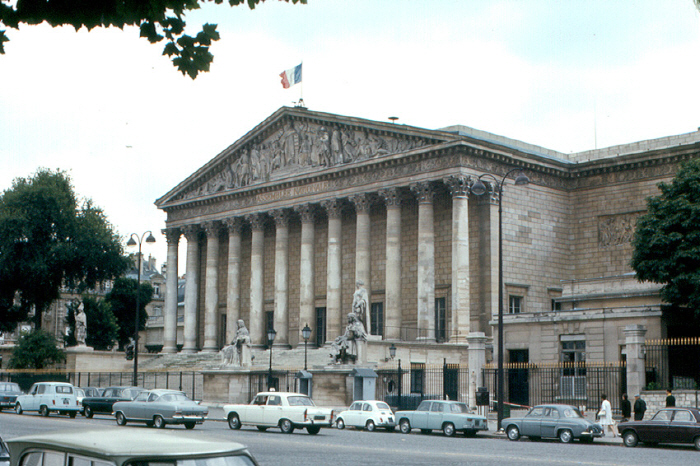After disastrous results in the 2014 European elections and the 2015 departmental elections (including record-high results for the radical-right Front National), the government is likely to face another disappointing outcome at the regional elections (5-13 December). They will be the last test ahead of the primaries (late 2016) and the Presidential and general elections to be held in spring 2017. While the President's popularity remains at historical lows, since the appointment of PM Valls in 2014, the strategy and communication of the government have improved. This has coincided with a normalisation in business confidence indicators. The willingness to reform clearly improved with the appointment of new cabinet members, especially Economy Minister Macron. He is now the second most popular politician in France (44%) after Alain Juppe (57%), according to Le Parisien poll on 3 September.
However, the effective capacity of the government has been undermined by the loss of the absolute majority in the lower house. The greens have left the government and several socialist MPs have withdrawn their support to some of the reforms as the new government has put forward more liberal-oriented policies, such as the "Macron Law", which opens up some sectors of the economy to more competition and improves labour market flexibility. This dynamic has resulted in the use of article 49.3 of the constitution (e.g., for the approval of the Macron law), which allows the government to bypass a vote in the Parliament.
"While President Hollande's popularity remains at extreme lows, we note the general support of the population for the reforms put forward by the new cabinet (Odoxa for Les Echos in May, Ifop for the JDD, 29-30 May). While the government lacks the support of a clear absolute majority in Parliament, we don't think early general elections are likely", says Barclays.
Mainstream opposition parties (centre and centre-right) lack unity and are not presenting a coherent opposition to current government policies. The return of Nicolas Sarkozy to politics and the fighting among the key contenders (Juppe, Fillon, Le Maire) as they gear up for primaries (November 2016) are overshadowing the main opposition party efforts.
With the primaries likely taking centre stage after summer 2016, the government effectively has until then to pass additional reforms. The reform agenda for 2015-16 includes "Macron law 2", which is expected to focus on digital economy and innovation and is due to be presented by year-end. The government is also working on a bill to further improve labour market flexibility (by end-2015/early-2016) and a reform of unemployment benefits (expected before summer 2016). Finally, already under discussion, the reform to balance the supplementary pensions AGIRC-ARCCO is also expected to be completed by the end of the year.
France: Reformist government facing a split parliament

Paris - Assemblée National (Roger W_FLikr)
Friday, September 18, 2015 12:30 AM UTC
Editor's Picks
- Market Data
Most Popular



 FxWirePro: Daily Commodity Tracker - 21st March, 2022
FxWirePro: Daily Commodity Tracker - 21st March, 2022  Best Gold Stocks to Buy Now: AABB, GOLD, GDX
Best Gold Stocks to Buy Now: AABB, GOLD, GDX 






























